"Making a positive difference one child at a time"
- Dr. Martin Freeman
Schedule a free consultation and let’s start your mental health journey.
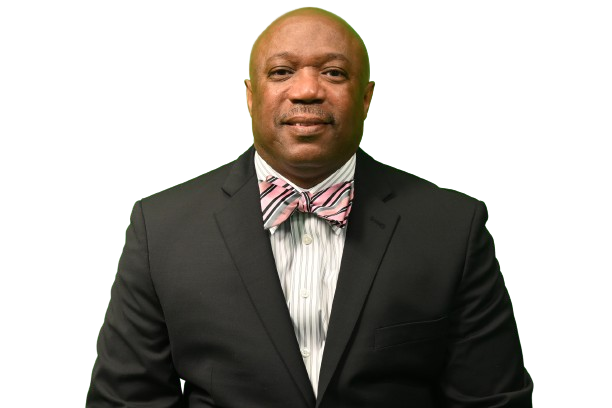
Fast Track Motivation promotes professional development for teaching and mental health practitioners. Training will focus on creating a trauma-informed environment that promotes healing and recovery using trauma-informed strategies to support student’s recovery and improve their mental health.

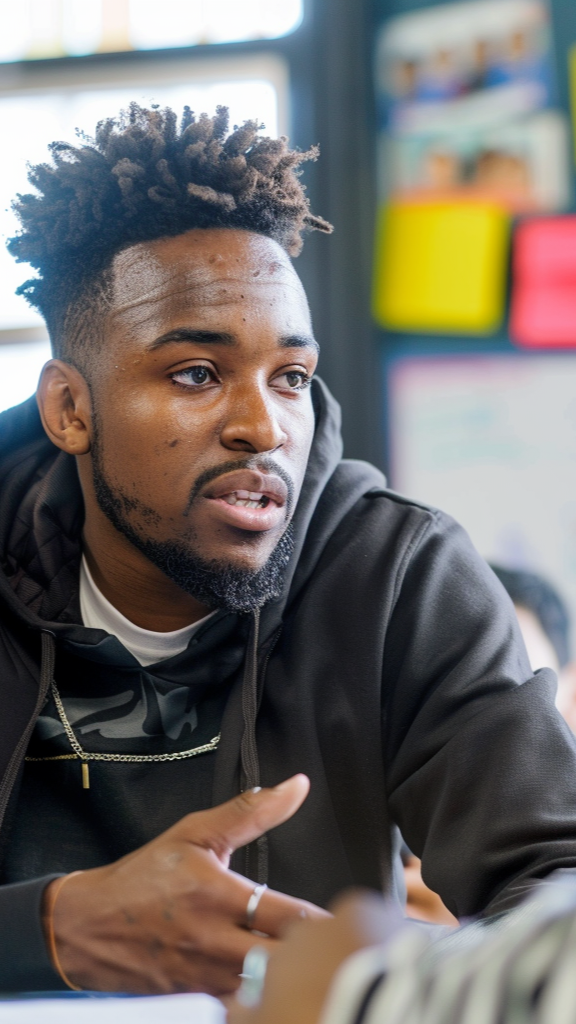
The Why?
Dr. Freeman aspires to engender growth and development in the professional lives of mental health and educational practitioners, impacting children’s lives one day at a time.
ABOUT
Dr. Martin Freeman is a highly regarded mental health specialist, author, and educator with over 30 years of experience in the fields of mental health and education. He earned his B.S. degree from Kent State University, his M.Th. degree from Belhaven University, and his Th.D. from Andersonville Theological Seminary. Dr. Freeman has dedicated his career to improving mental health awareness and advocating for and supporting youth educationally.
Dr. Freeman is married and a father to two children. He has received many awards, including Employee of the Year, Administrator of the Year, and the Anthony DeNiro Distinguished Service Award at SAFY and Youngstown City Schools.
Books Written By Dr. Martin Freeman
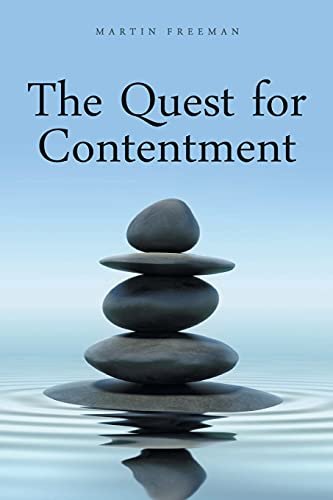
The Quest for Contentment
The Quest for Contentment was written with the intent to identify the origin of contentment and learn how to live a life of contentment. Man must endeavor, through God’s Word, to “learn” contentment.
Trainings Offered
Trauma-Informed
Pedagogy Training
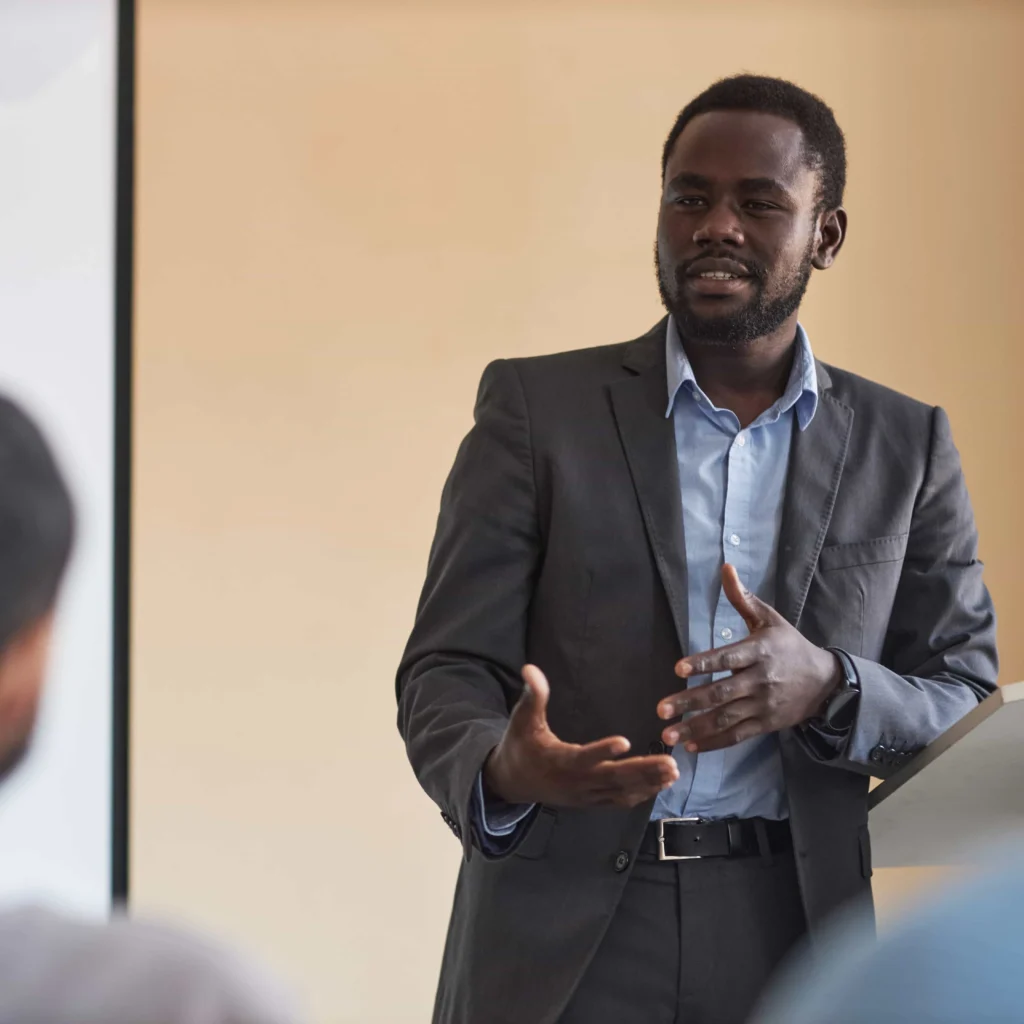
Trauma-Informed Pedagogy is a set of teaching approaches that consider the broader impacts of trauma and the potential paths to resilience. This approach is anchored on the assumption that individuals are more likely than not to have experienced some form of trauma in their lives (Buffalo Center for Social Research, 2021).
It is then an approach that seeks to support and better understand the learning needs of students who have experienced trauma. The topic of trauma, because it is so vast/broad in scope, is not easily understood. So, the training focuses on providing language, guidelines, frameworks, tools, and supportive resources to support our teaching/mental health practitioners, ultimately helping our students navigate the intricacies of this pedagogy.
Restorative Practices
Training

I believe the key to navigate the tumultuous times plaguing the halls of academia must begin with a commitment on every level, throughout our school districts, is to use restorative practices and abrogate the traditional retributive and restitutive disciplinary approaches that have proven to be archaic and ineffective.
This training will engage and move administration, educators, and mental health practitioners towards being able to engage in restorative conversations with scholars. The training will help improve the classroom and build interaction and morale. Also, this training should provide a pathway towards improved classroom relationships, communication, behavior, and academic productivity.
HOPE Training

Hope is expectancy, confidence, and assurance that something better will happen in the future. Hope is tenacity and the audacity to believe. This training will inform teachers/mental health practitioners how to encourage students they work with to break the cycle of hopelessness, and how hope can renew their lives.
They will learn how hope is a learnable, measurable skill. Also, they will learn how hope teaches students to rewrite their educational narrative as they work toward a renewed future.
De-escalation Training
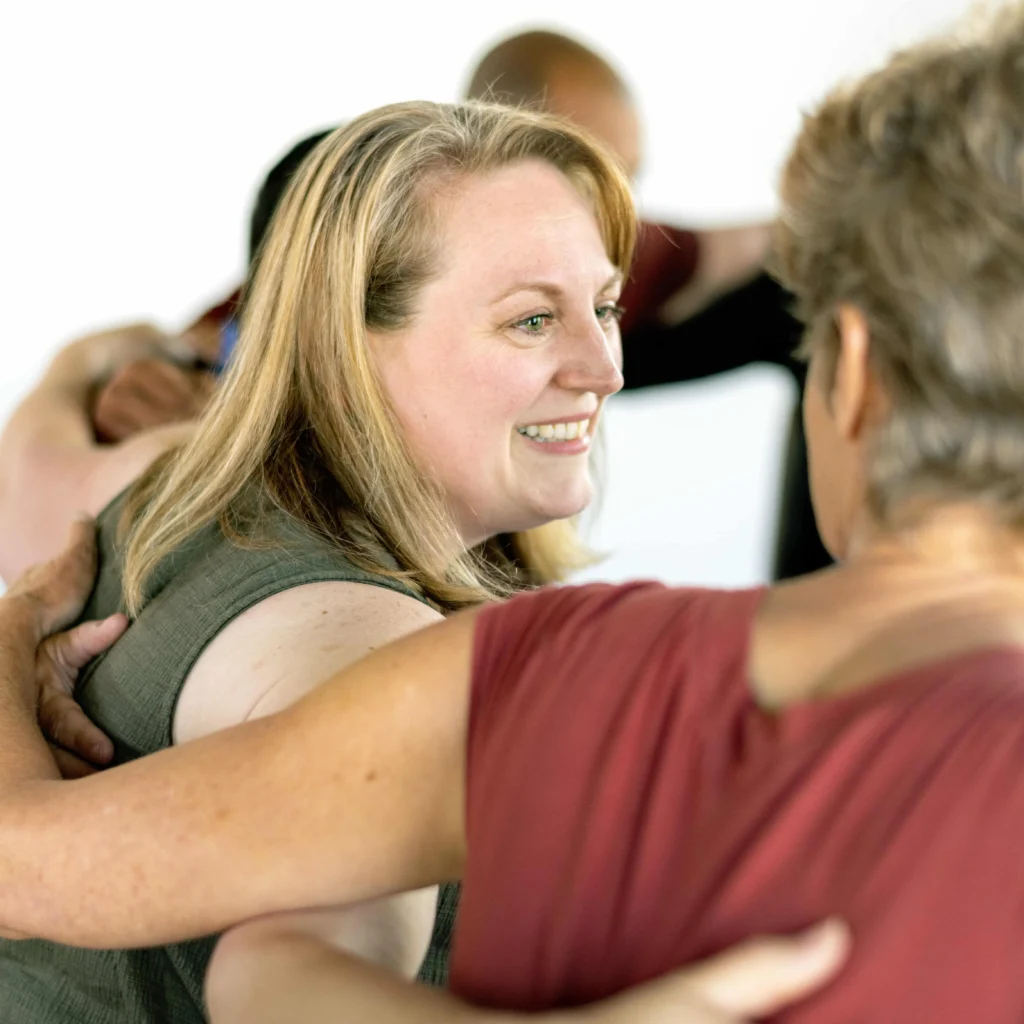
Reasoning with an angry, upset or highly anxious student is not possible. The first and only objective in de-escalation is to reduce the level of agitation so that discussion becomes possible. De-escalation techniques are inherently abnormal. They go against our natural ‘fight or flight’ reflexes.
To be effective, we must remain calm and centered. We need to be professionally detached. This training will help teaching/mental health practitioners to manage and prevent challenging, difficult and dangerous situations by learning concepts, techniques and strategies useful to defuse situations before they become threats.
Let's Get Started
FIll out the form below and we will cantact you as soon as possible!
Let’s work together
Get in touch today and receive a complimentary consultation.
Phone
Get Updates And Stay Connected -Subscribe To Our Newsletter
Fast Track Motivation
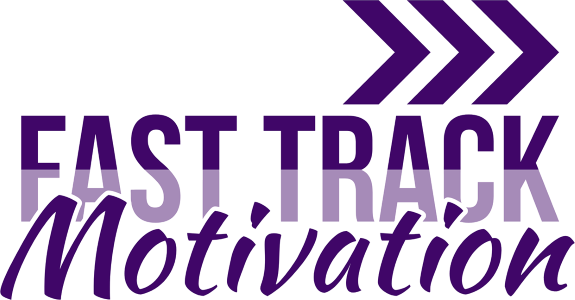
Dr. Martin Freeman is a highly-regarded mental health specialist, author and educator with over 30 years of experience in the fields of mental health and education.
Contact Information
- Phone: (330) 540-4555
- Email: martinfreeman5867@gmail.com
- Address: 4025 Jefferson Ct. Youngstown, Ohio 44505





